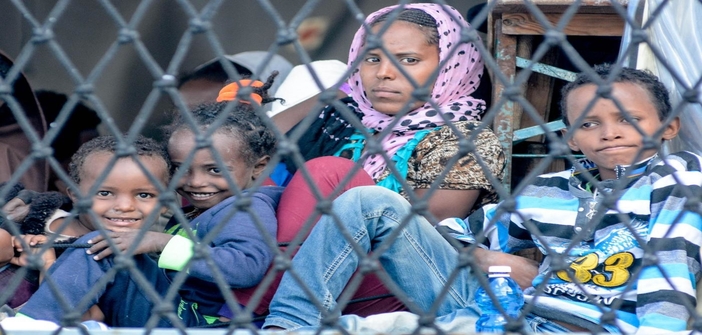The migration issue is at the heart of the debates.
If the EU wants to meet its commitments and defend its values, it must address the root causes and consequences of increased human mobility, the various complex emergency situations, and the ongoing economic challenges.
How can we create a comprehensive European migration policy?
Since the beginning of the migration crisis in 2015, Europe has struggled to propose effective and comprehensive projects to curb migration flows, particularly on the Mediterranean routes.
The unprecedented migration crisis Europe has been experiencing for the past two years has highlighted the lack of cooperation among the European Union member states.
The crisis is far from over; there is an urgent need to act and secure the Mediterranean route, which is among the deadliest and most dangerous migration routes.
The European Commission states it wants to address the weaknesses of the current system, ensuring that responsibilities are better shared among countries and that the processing of asylum applications is expedited.
In clear terms, all Member States must share responsibilities regarding the reception of asylum seekers in Europe, and those who refuse should not benefit from the solidarity funds of other Member States.
International organizations, civil society, and local authorities must work together to make the comprehensive, coherent, and sustainable European migration policy a reality, ensuring the protection of migrants in accordance with international standards.
In summary, we recall an African proverb: “If you want to go fast, go alone. If you want to go far, go together.”


